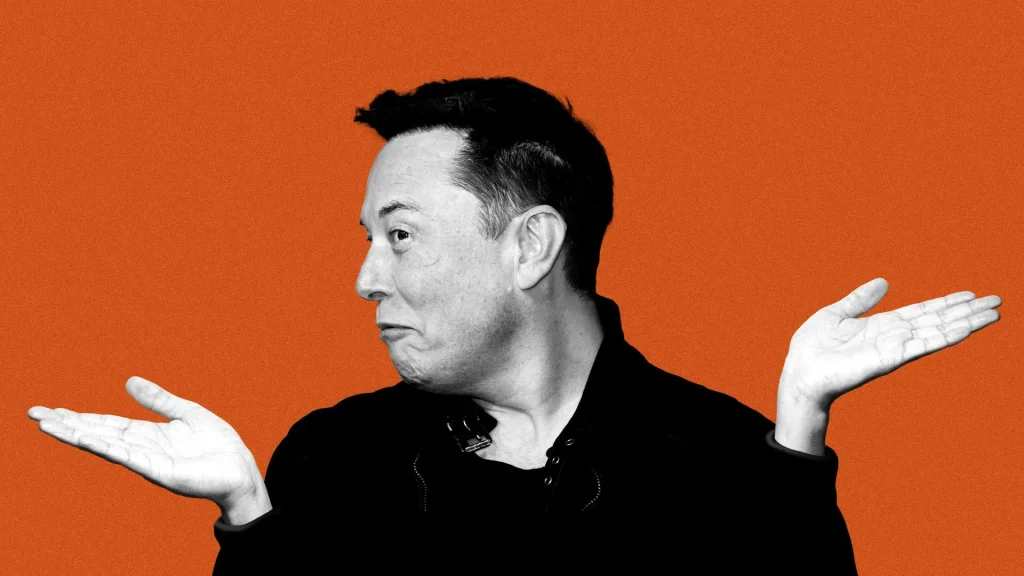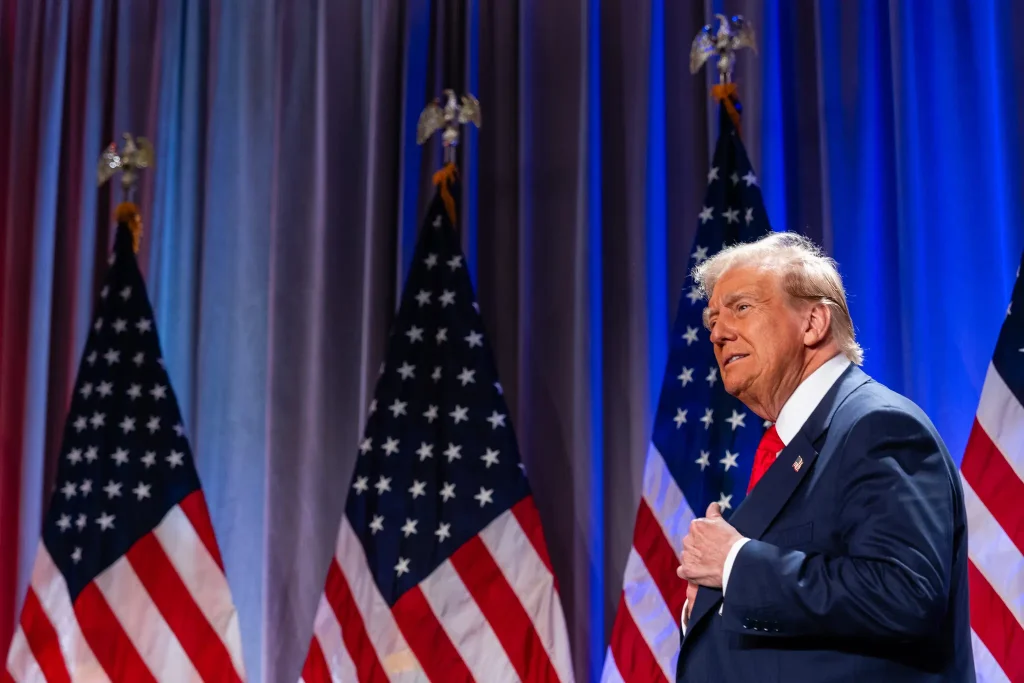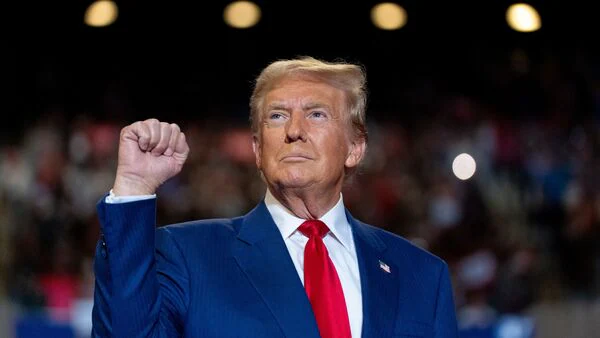Trump Thanks Elon Musk For Supporting Him

In a show of support for one of his most prominent backers, Donald Trump has heaped praise on tech magnate Elon Musk, calling him a “super genius” and a “special guy.”
In a speech to his supporters, Trump credited Musk’s Starlink satellite service for its rapid deployment and life-saving capabilities in the aftermath of Hurricane Helene.
“He had that there so fast, it was incredible. It saved a lot of lives,” Trump declared, highlighting Musk’s decisive role in the relief efforts.
Trump’s effusive praise for Musk also underscored the importance of protecting genius innovators, expressing a belief that individuals such as Musk are a national treasure that should be nurtured and safeguarded.
“We have to protect our geniuses; we don’t have that many of them,” he said.
Trump’s acknowledgement of Musk’s contribution to his campaign, both in terms of his vocal support and financial contributions, further highlights the significant role that tech billionaires can play in shaping American politics.
The symbiotic relationship between Trump and Musk, the billionaire CEO of SpaceX and Tesla, illustrates the interplay between politics and technology in the digital age.
In an era where social media and other digital platforms have unprecedented influence, the support of prominent figures like Musk can provide a critical edge for political campaigns.
For Trump, the backing of a tech visionary like Musk provides both a symbolic endorsement and a potential asset in terms of policymaking and decision-making.
The mutual admiration society between Trump and Musk represents a complex convergence of ideologies, ambitions, and ambitions.
For Musk, Trump’s pro-business, deregulation policies align with his entrepreneurial drive and desire for a more streamlined, innovation-driven economy.
For Trump, Musk’s technological savvy and popular appeal among tech-savvy voters are assets that could bolster his base and shape his policy agenda, particularly in areas like renewable energy and space exploration.
Yet, the alliance is not without controversy, as Musk’s support of Trump has drawn criticism from some in the tech world who view it as a betrayal of progressive values.
In the crucible of American politics, the Musk-Trump alliance underscores the increasing importance of technology as a political force.
As the influence of tech billionaires and their companies continues to grow, the boundary between Silicon Valley and Washington, D.C. becomes ever more blurred, with the lines between political ideology and economic self-interest increasingly difficult to disentangle.
The Musk-Trump bond raises questions about whether the tech sector, traditionally seen as a bastion of progressive thought, is shifting towards a more conservative, libertarian worldview, or whether this is simply a marriage of convenience.
As the tech sector continues to exert its power and influence on the political stage, the Musk-Trump dynamic serves as a microcosm of the broader tension between innovation and regulation, between disruptors and traditionalists, that is shaping the American political landscape.
In this context, Musk’s support of Trump can be seen as a form of realpolitik, a calculated gamble to leverage his considerable influence to protect his business interests and further his own vision of a tech-driven future.
Yet, as Trump and Musk’s partnership evolves, the implications extend beyond their individual interests and into the fabric of American society.
The political implications of this powerful alliance touch on everything from climate change policy to free speech regulations to the role of government in regulating disruptive technologies like artificial intelligence and cryptocurrencies.
Musk’s embrace of Trump, and Trump’s embrace of Musk, represents a new chapter in the ongoing saga of America’s relationship with technology, one in which the lines between tech and politics, between genius and ambition, are increasingly difficult to discern.
In the midst of a rapidly evolving, and often turbulent, political landscape, Trump and Musk’s bond represents a potential turning point in the relationship between technology, politics, and society.
On one hand, it signals a potential shift towards a more entrepreneurial, deregulated approach to governance, one that prizes innovation and disruption over traditional bureaucratic norms.
On the other hand, it could represent a growing distrust of the established political order, a belief that the answers to America’s problems lie outside the traditional halls of power.
Trump and Musk’s alliance serves as a reminder of the power of charismatic leaders, both in politics and in business, to shape public discourse and alter the course of history.
In an era where traditional political norms seem increasingly fragile, their partnership represents a wild card, a force that could either reinvigorate American politics or push it further towards chaos and division.
At a time when the challenges facing the United States and the world at large have never been more pressing, Trump and Musk’s partnership serves as a potent reminder of the high stakes at play, and of the urgent need for innovative, forward-thinking leadership.






